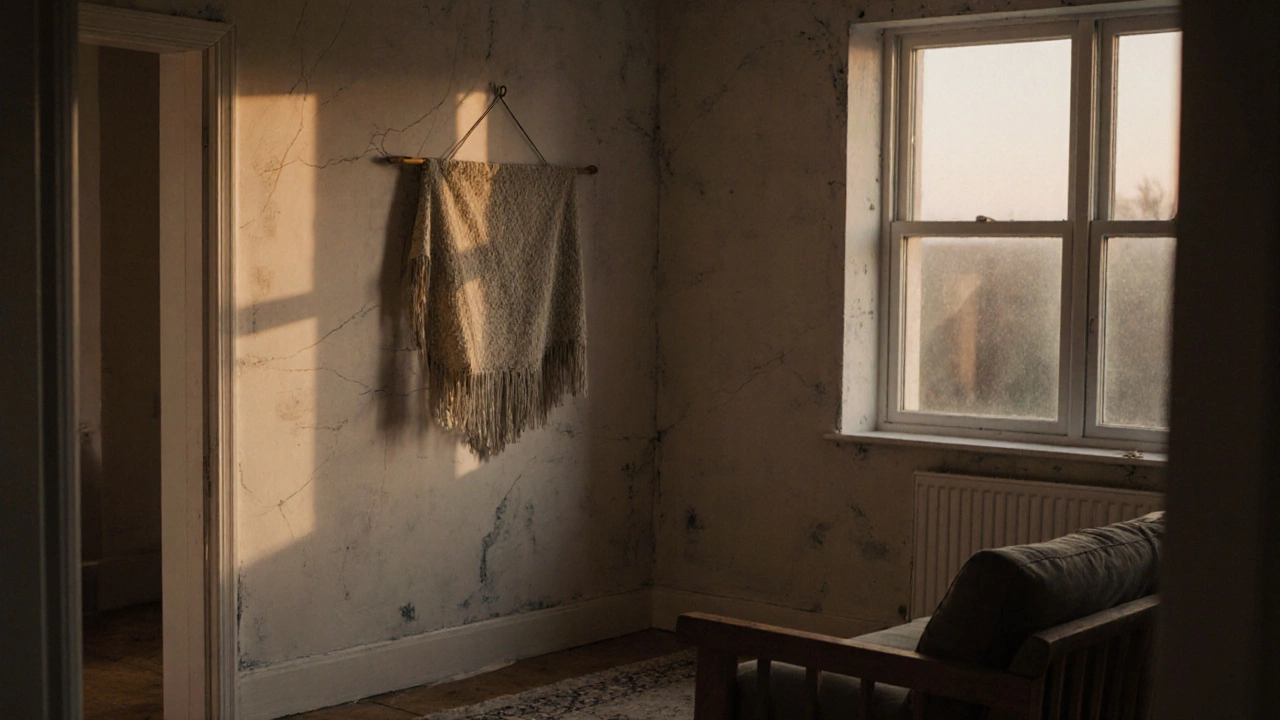Builder's Warranty: What It Covers and Why It Matters
When you build a new home, you’re not just buying bricks and mortar—you’re buying peace of mind. That’s where a builder's warranty, a legally binding guarantee from the builder that covers defects in materials and workmanship for a set period. Also known as new build warranty, it’s your safety net after the keys are handed over. Most people assume their home is flawless when they move in, but hidden flaws—like poor insulation, leaking roofs, or foundation shifts—can show up months later. A solid builder's warranty steps in before those problems turn into expensive fixes.
This warranty isn’t just a nice-to-have; it’s often required by law in the UK for new builds. It typically covers two main things: structural defects, serious issues that threaten the safety or stability of the home, like cracked load-bearing walls or failing foundations, and workmanship and materials, everything from faulty plumbing to uneven flooring. Structural coverage usually lasts 10 years, while workmanship is often 2 years. Some builders throw in extras like appliance warranties or paint touch-ups, but those aren’t guaranteed. Always read the fine print—some warranties exclude damage from poor maintenance or natural wear.
What you won’t find in most builder's warranties? Damage from floods, earthquakes, or DIY mistakes. If you install a new shower yourself and it leaks, that’s on you. The warranty only covers what the builder did—or failed to do. That’s why it’s smart to document everything when you move in: take photos of every room, keep receipts for any upgrades, and note down small issues like sticking doors or uneven tiles. These might seem minor now, but they could become bigger problems later. If something breaks after the warranty expires, you’re out of luck unless you’ve got home insurance that covers it.
Not all builders are the same. Some cut corners and offer weak warranties just to save money. Others partner with third-party providers like NHBC or LABC, which means your warranty is backed by an independent body, not just the builder’s word. That makes a huge difference if the builder goes out of business. You want a warranty that’s transferable too—especially if you plan to sell. A strong warranty can actually boost your home’s resale value.
The posts below dive into real-world cases, cost breakdowns, and hidden clauses you might miss. You’ll find guides on how to spot warranty violations, what to do when a builder refuses to fix something, and how to compare warranty terms between different builders. Whether you’re building from scratch or buying a new home, this collection gives you the tools to protect your biggest investment.

Why Can't You Decorate a New Build Right Away?
Oct 28, 2025, Posted by Damon Blackwood
New builds need time to settle, dry, and stabilize. Decorating too soon can crack walls, ruin paint, and void your warranty. Wait six months for the best results.
MORESEARCH HERE
Categories
TAGS
- foundation repair
- commercial construction
- construction
- new builds
- home improvement
- home renovation
- bathroom renovation
- construction materials
- residential construction
- building codes
- home foundation
- building types
- renovation tips
- building materials
- construction differences
- contractor
- foundation cracks
- home construction
- architectural services
- foundation issues